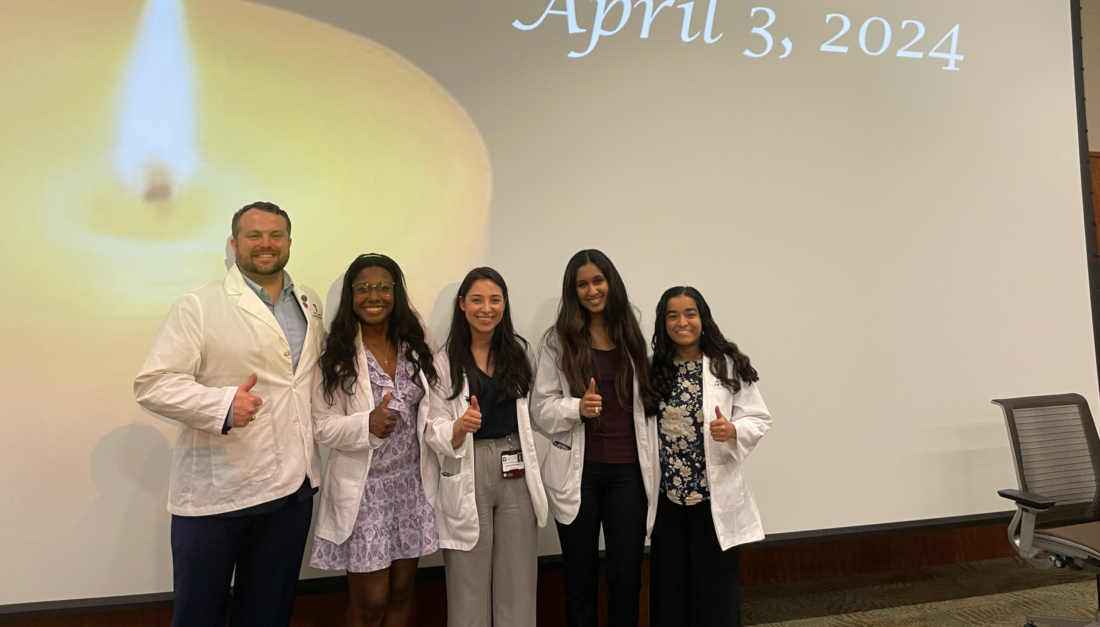When the first antidepressant doesn’t work: What’s next?

There are dozens of treatments for depression in the marketplace, so perhaps it should be no surprise that patients often find that their first prescription isn’t their best option. In fact, fully two-thirds of people with major depression aren’t successfully treated by the first antidepressant they try, probably because depression is a complex condition that may be influenced by any one of a number of neurotransmitters and other chemicals.
Therefore, it is vital for patients and their health care providers to know what to do next, but data about the most effective second-line treatment is lacking. That’s what recent work by a team of Department of Veterans Affairs (VA) researchers, affiliated with institutions all over the country, tries to answer.
Paul Hicks, M.D., Ph.D., vice dean of the Texas A&M Health Science Center College of Medicine in Temple, is a member of a 12-person executive committee leading this study, which looks at which of three interventions is best for treatment-resistant depression. The work, named the VA Augmentation and Switching Treatments for Improving Depression Outcomes (VAST-D) Study, involves 1521 patients at 35 VA sites across the country.
Hicks, who worked with Veterans Affairs of Central Texas for 13 years and spent six of those as the associate chief of staff for research before becoming a vice dean at the Health Science Center, helped establish the study in Temple, Texas.
“The problem is you can’t look at all of the treatment options at one time,” Hicks said. “That would be prohibitively expensive and would require far more patients than practical. However, this study will give a definitive idea about which of three promising interventions is likely to be effective.”
Treatment-resistant depression is defined as depression symptoms that don’t go away after treatment with an adequate dose of medication for an adequate period of time. Patients usually switch to a different antidepressant or add a second medication to their current one. There is, however, little clinical guidance about what is most effective. This research attempts to change that.
It is the largest study looking at second-line strategies for treatment-resistant depression that compares three options: a switch to another antidepressant, supplement with a second antidepressant or a supplement with an antipsychotic drug like Abilify.
The results of the study are scheduled to be published in 2016.
The VA has a very well-developed clinical trials program called the Cooperative Studies Program, which has organized over 500 clinical trials and is the largest clinical trials network in the country, Hicks said. Central Texas Veterans Health Care System (CTVHCS) is one of the original teaching hospital affiliates of the Texas A&M Health Science Center College of Medicine in Temple.
The study was initiated by two co-principal investigators: Somaia Mohamed, M.D., Ph.D., of the New England Mental Illness, Education and Clinical Center, VA Connecticut Healthcare System, West Haven, Connecticut, and research associate professor of psychiatry at Yale School of Medicine, and Sidney Zisook, M.D., of the VA San Diego Healthcare System and professor of psychiatry at the University of California, San Diego.
Media contact: media@tamu.edu


